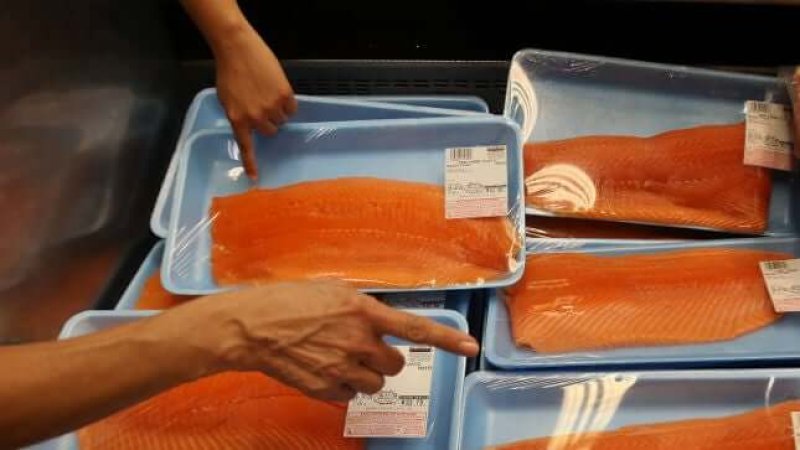Way back in 1995, biotech company AquaBounty began the process of seeking regulatory approval from the Food and Drug Administration (FDA) to allow the company to sell its AquAdvantage genetically enhanced Atlantic salmon to U.S. consumers. By integrating a Pacific Chinook salmon growth hormone gene into the genome of an Atlantic salmon, AquaBounty has reduced the fish’s time to market from three years to 18 months. AquaBounty can produce up to 70 percent more fresh salmon annually compared to conventional Atlantic salmon grown in the same period.
The FDA ruled in 2015 that the company’s fish were safe to eat, but raising the fish at AquaBounty’s self-contained freshwater facilities in Indiana was stymied until 2019 by U.S. Department of Agriculture delays in formulating biotech food labeling regulations.
The company has now announced that its first planned U.S. harvest of five metric tons of fish is sold out.
It’s amazing that AquaBounty could afford the 30-year slog through the ridiculously hypercautious FDA regulatory maze. The AquaBounty precedent is quite worrisome with respect to how the agency will treat fast-developing new food technologies like cell-based meats.































